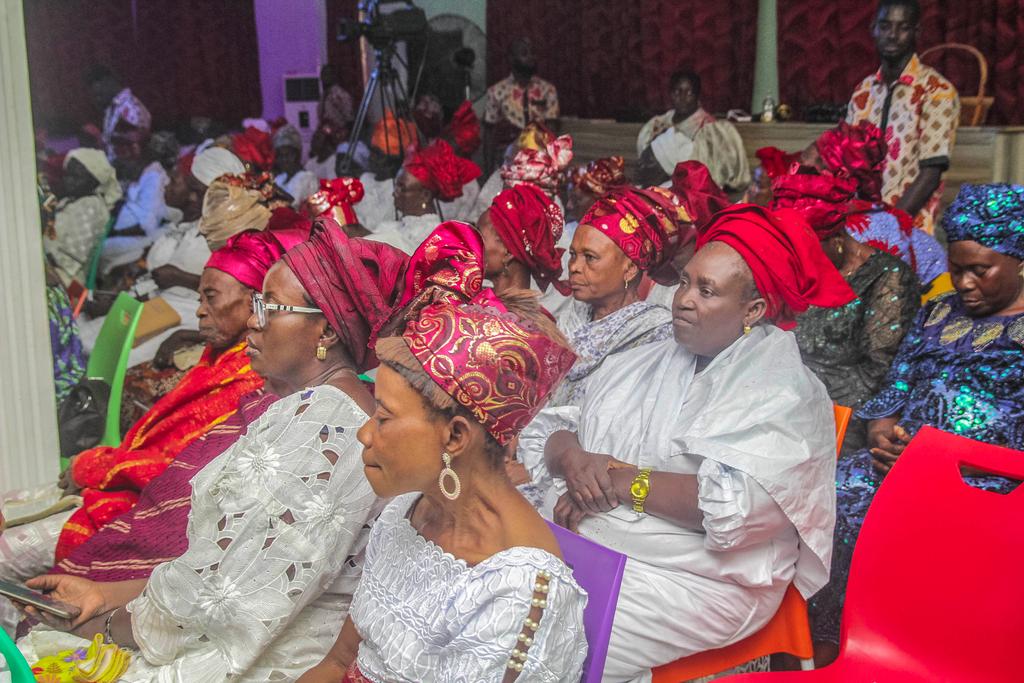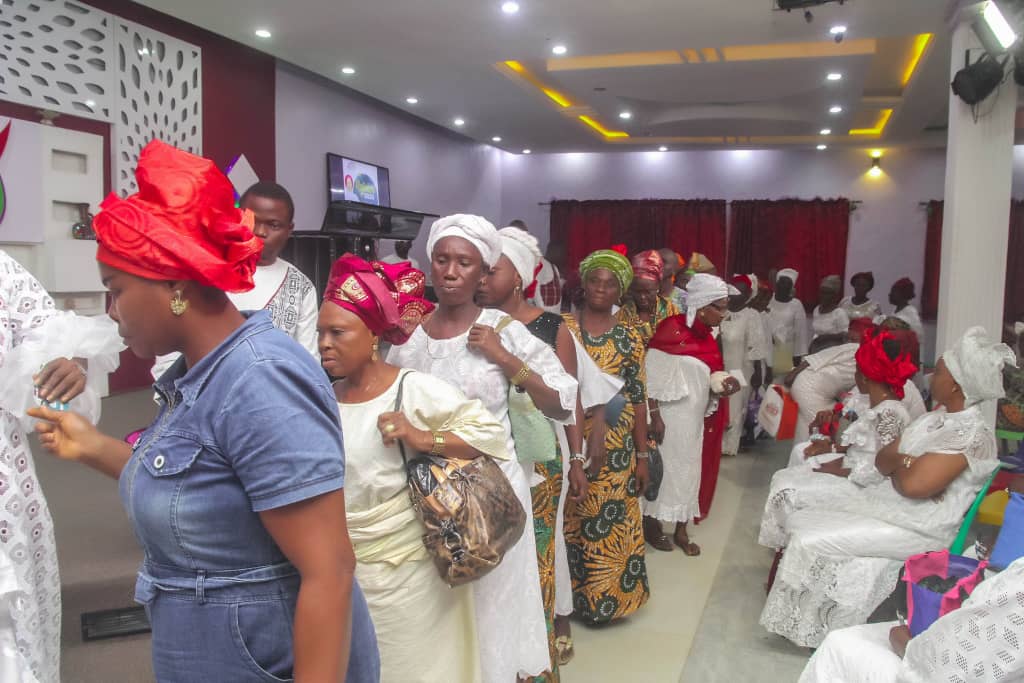The Epidemic of Widowhood
There are about 258 million widows globally and in Nigeria. These women remain invisible in the eyes of many lawmakers.
Widows in Nigeria are vulnerable to many socioeconomic and health issues. Sexually exploitative practices are commonly experienced by Widows in Nigeria, including sexual “cleansing” in which they are forced to have sex with a relative before numerous activities such as building a house; widow inheritance, and the forced re-marriage to a brother of the deceased husband. These practices not only traumatized widows but are also emotionally and psychologically harmful to the Widows.
Widows are socially stigmatized and deprived of respect and humanity. Yet, as a community, these women have great responsibilities; 7 in 10 African widows are the heads of their families. These women are important community members and despite the challenges, they display powerful resilience and strength.

CHALLENGES OF WIDOWHOOD
SOCIO ECONOMIC CHALLENGE
Socioeconomic challenges and barriers limit the future of widows and their. Many Widows in Nigeria and other developing countries are very vulnerable to extreme poverty and are forced to migrate because they have no pension, government support, or life insurance available to them. They live in extreme poverty (below $1.00 per day) and they often have no rights to ownership of their husband’s property. In many cases, widows may suffer eviction from their homes. With the loss of home ownership and land the widows are limited in their ability to grow food, take care of their children, and maintain their livelihood.

POOR HOUSING
Many poor Widows and their children are living in poor housing and inadequate conditions because they are having difficulty paying rent and are sent packing out of their homes. Poor housing and inadequate conditions contribute to negative health outcomes including chronic diseases and injuries terrible physical and mental state of health for Widows, denial of rights, forced labor, #disinheritance, and many more.

CULTURAL CHALLENGE
Widows in some cultures in Nigeria face many cultural challenges. They are expected to shave their heads and not go out for a specified number of days. Sometimes, a widow may be suspected to have killed her husband and she's required to bathe in her husband's grave to prove her innocence about her husband's death. Widows in some cultures are asked to marry their late husband's junior brother.

SOCIAL ISOLATION
Widows face social stigmas. They experience loneliness, isolation, neglect, and even rejection from their relatives. In the face of these stigmas and ostracization, widows are often socially invisible to their local and global communities, and each other.

HEALTH ISSUES
Widows are subject to chronic poor health as a result of inadequate and poor nutrition, housing, lack of clean water, and trouble accessing healthcare. Grief and general depression are unpalatable experiences that Widows go through. A lot of Widows experience grief and general depression. They have a general feeling of sadness, hopelessness, incoherent thinking, loss of appetite accompanied by weight loss, insomnia, and difficulty concentrating. and loss of memory in extreme cases. All these conditions affect the widow's health negatively.
The daughters of widows are also vulnerable to transactional sex which leads to teenage pregnancies, and early marriages. In addition.

ILLITERACY
Many Widows lack training in quantity education. Their children are often faced with numerous #Challenges, such as lack of parental support, financial constraints, and limited access to #educational resources. Many in schools have also dropped out of school as a result of their dad's death.

